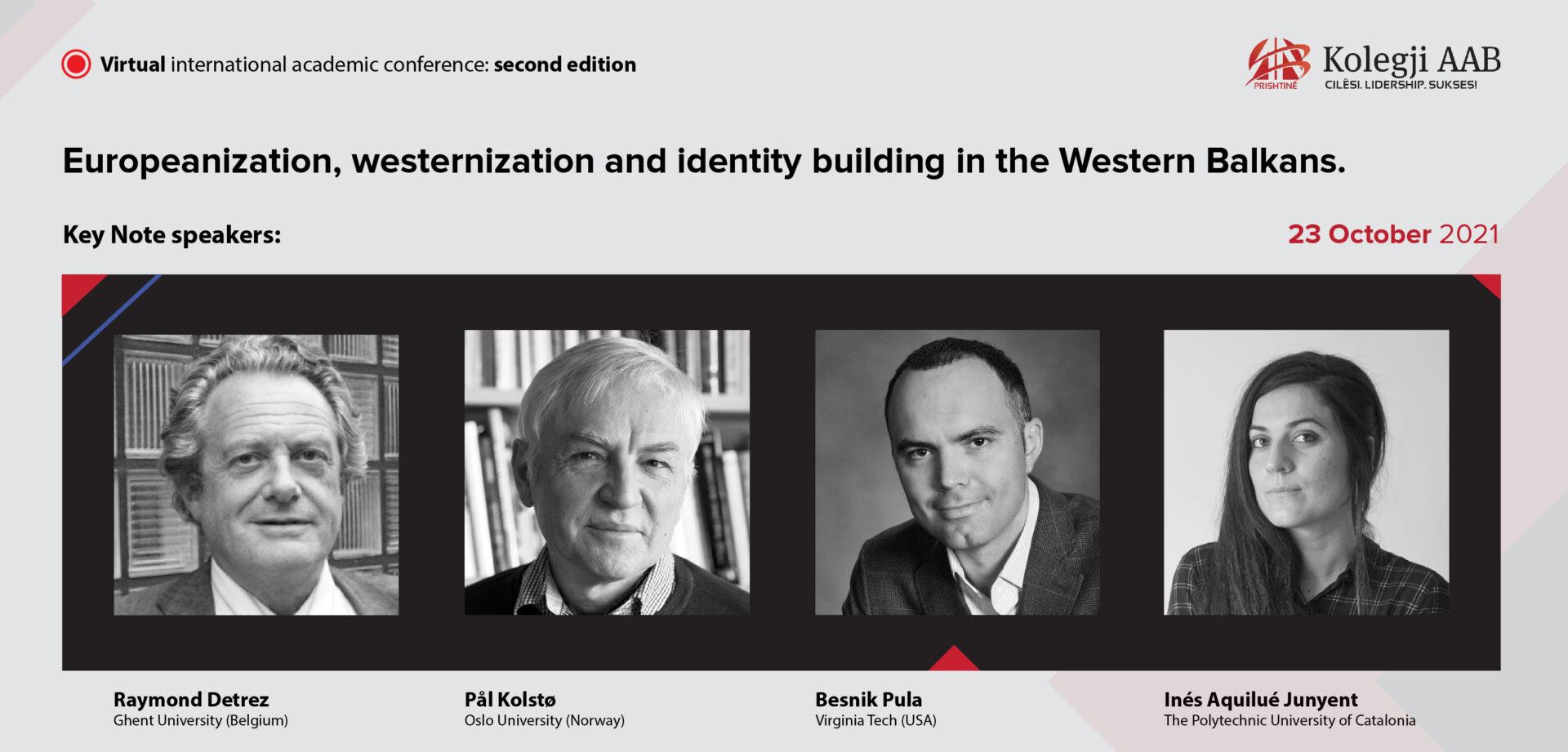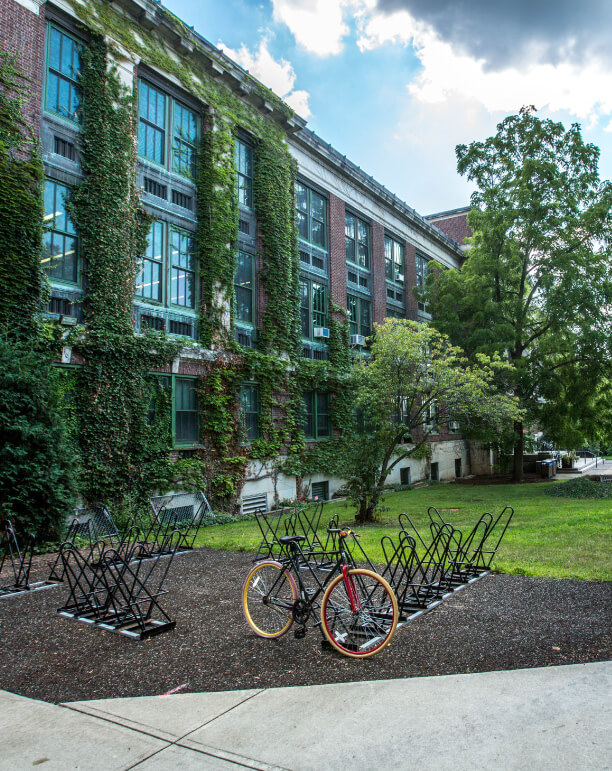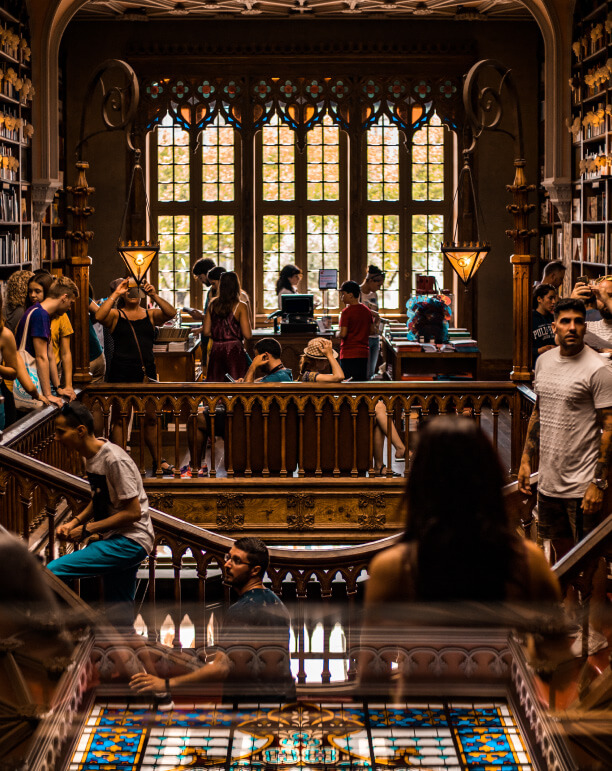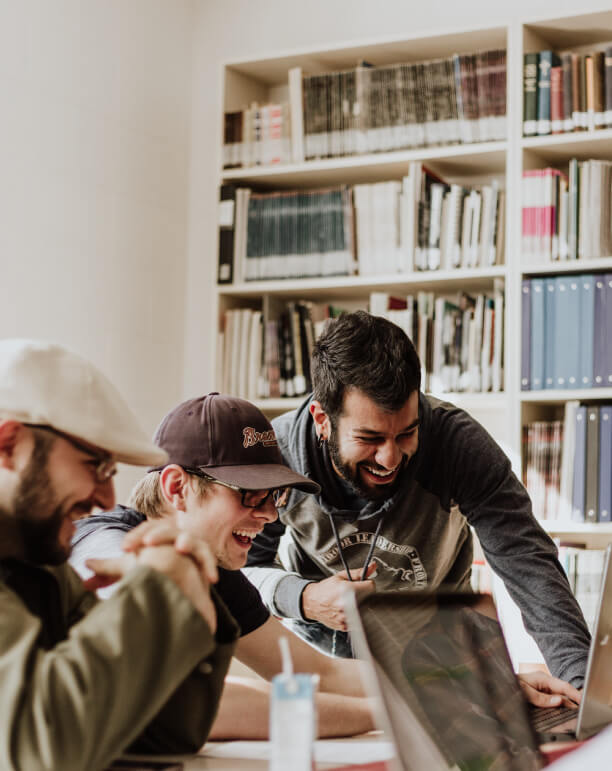Europeanization, westernization and identity building in the western Balkans
Pristina: 23.10.2021 - 23.10.2021
Second edition
Type: International virtual scientific conference
AAB COLLEGE
in collaboration with:
- International Business College – Mitrovica (IBC-M)
- Center for European Union, Transatlantic and Trans-European Space Studies (CEUTTSS)
- Albanian Institute of Sociology (AIS)
- Aleksander Moisiu University, Durres
- Institute of Educational Studies, Pedagogical Univeristy of Cracow, Poland
- St. Kliment Ohridski University, The Faculty of Education
- University of Bologna, Department of Arts
![]()
The processes linked with the Europeanization of the western Balkans are often understood in terms of the post-socialist political, economic and societal transformations of the region following the disintegration of the Socialist Federal Republic of Yugoslavia (SFRY: 1945-1991). Throughout its existence, the identity building politics of the socialist state converged around the philosophy of brotherhood and unity. This ideological principle was formulated as the foundational basis of Yugoslavia’s tolerant interethnic policies. As Detrez explains (1996, 1999, 2019), this philosophy cultivated the co-existence of a dualistic identity with adherence to the overarching socialist state one the one hand (the notion of ‘unity’) while maintaining allegiance to a distinctive ethno-national community on the other (the notion of ‘brotherhood’). The nationalist forces that violently reappeared in the 1980s ended the delicate civic-ethnic balance of Yugoslavia’s distinctive constellation and contributed to the dissolution of the Yugoslav unity based on the overarching cause of socialism. Subsequently, the nation-building efforts of the countries that emerged from the remnants of the Yugoslav state each held the promise of democratization, westernization and eventual EU accession. In a similar vein, the end of communist rule in Albania opened borders and paved the way for increased Europeanization.
It is at the intersection of nation-state building and aspirations for increased European integration that we situate the thematic focus of this conference. The post-socialist dynamics of state reconstruction have been multiplexed in the Balkans, often oscillating between deep-rooted national(ist) ideologies and integrative European trends (Kolsto 2014). Accordingly, matters of Europeanization, westernization and identity building will be considered from a broad-spectrum perspective that involves the scholarly insights of researchers from different academic and scientific domains. In this respect, the post-socialist transformation of the Southeast can be closely interlinked with the areas of economics rendering attentive focus on the struggles for economic growth and privatization in the post-socialist sphere. Likewise, policymaking and governmental administration as areas of academic research are also embedded in European notions of identity construction. Language ideology, policy and practice can similarly be discussed in the European context of civic inclusion (Demaj 2019). Another area of research includes architecture and the arts. Focus can be given to how different government instances have attempted at shedding public and cultural urban spaces from the socialist-style aesthetics connected with their Yugoslav past. Attempts to westernize the national image of the region by refurbishing the cityscapes with modern buildings and cultural objects is also a topic of interest, which can be examined from an architectural lens. The disciplines of Social Sciences, Humanities and Psychology can bring valuable research insights in areas relevant to interethnic harmony, reconciliation, as well as diversity and inclusion as a premise for enhancing principles in accordance with the Europeanization of civic life.
References
Detrez, R. (1996). De sloop van joegoslavie. Relaas van een boedelscheiding. Antwerpen: Hadewijch Antwerpen-Baarn, BRTN-VAR.
Detrez, R. (1999). Kosovo. De uitgestelde oorlog. Antwerpen: Uitgeverij Houtekiet.
Kolsto, P. (2014). Strategies of symbolic ntaion-building in South Eastern Europe. Surrey, England: Ashgate Publishing Limited.

THE MAIN TOPICS INCLUDE BUT ARE NOT LIMITED TO
- Sociology and Political Science
- Governance, International Relations
- Public Administration
- Economics
- Language and identity
- Media and Communication
- Cultural Studies
- Urban Studies
- Architecture and Arts
- Tourism
KEY INFORMATION
Registration fee: FREE
Language of Conference: English, Albanian, Bosnian
How to participate: Online (Zoom and Google meet)
The presentation duration: 15 min. (You can use PowerPoint)
Type of participation:
Individual: abstract with 200-250 words to be sent to the following e-mail: [email protected]
Group: the panel leader should propose his/her name together with 5-6 abstracts of participants and sends the proposal for its approval to the Scientific Committee, to the following e-mail: [email protected]
Publications:
Book of Abstracts;
Audio-video panel recording
Book of Proceedings.
Selected papers (4000-7000 words) will be published (after peer review) in Thesis Scientific Journal, : https://thesis-journal.net/indexed/
MAIN DATES
Send individual abstracts: 24 September 2021
Send the panel (with 5-6 abstracts): 10 September 2021
Approval of abstracts / panel: 30 September 2021
Conference: 23 October 2021
Submission of full papers for Proceedings/ Journal: November 30, 2021
KEYNOTE SPEAKERS
Prof. Emeritus Raymond Detrez, Ghent University (Belgium)
Raymond Detrez studied East European languages and history at the University of Ghent, Belgium (1967-1971) and Bulgarian language and 19th century history and literature at the University of Sofia, Bulgaria (1972). In 1986, he received his Ph. D. from the University of Ghent. Until his retirement in 2013, he was part-time professor of Balkan history at the Catholic University of Leuven (since 1990) and full-time professor of East European history and cultural history at the University of Ghent (since 1997). From 2000 to 2013, he was the director of the Centre for Southeast European Studies at the University of Ghent which he founded. In the 1990s, he extensively published on ethnic conflicts and nationalisms in Yugoslavia. His current research focuses on aspects of pre-national and national group identities in the Balkans in the eighteenth and early nineteenth centuries.
List of publications at https://www.hf.uio.no/ilos/english/people/aca/palk/
Prof. dr. Pål Kolstø, Oslo University (Norway)
Pål Kolstø, Dr. Philos., professor of Russian and post-Soviet Studies at the University of Oslo. Specializes in ethnic relations, nation-building and nationalism in Russia, other former Soviet republics and the Western Balkans. He is the author/editor of nine English-language books on these topics, including Political Construction sites: Nation-building in Russia and the Post-Soviet states (2000), and Nation-building and common values in Russia (with Helge Blakkisrud, 2004). His latest edited volumes are The new Russian nationalism: imperialism, ethnicity, authoritarianism, 2000-2015 (with Helge Blakkisrud), Edinburgh University Press, (2016), and Russia before and after Crimea: nationalism and identity, 2010-17 (with Helge Blakkisrud), Edinburgh University Press, (2018). He has contributed numerous articles to journals such as Nations and Nationalism, Ethnic and Racial Studies, and Slavic Review.
List of publications at https://www.hf.uio.no/ilos/english/people/aca/palk/
Prof. ass. Dr. Besnik Pula, Virginia Tech (USA)
Prof. Pula’s main interests lie in the comparative political economy of the states of Central and Eastern Europe. His book, Globalization Under and After Socialism (2018) examines the history of transnational production under socialism and its role in the making of the contemporary globalized economies in the postcommunist states of Central and Eastern Europe. His current research is focused on the institutional analysis of skill formation regimes in Central and Eastern Europe, examining in particular the relationships between international economic specialization, labor markets, and educational reform. In addition to this research, Prof. Pula has ongoing interests in critical and institutionalist theories of political economy, qualitative and comparative methodologies, and social and political theory. Trained in the study of macro-institutional analysis and social and cultural change, Prof. Pula’s contributions include work on the historical sociology of state formation in southeast Europe which has received multiple awards from the Comparative and Historical Section of the American Sociological Association. His research has been published in journals including New Political Economy, East European Politics, Political Power and Social Theory, Comparative Studies in History and Society, Theory and Society, Nationalities Papers, and as various book chapters.
List of Publications at https://liberalarts.vt.edu/departments-and-schools/department-of-political-science/faculty/besnik-pula.html
Dr. Inés Aquilué Junyent
Inés Aquilué is an architect and urban planner, has a PhD in Urbanism from the Polytechnic University of Catalonia (UPC), a Master’s Degree in Urban Studies from the Polytechnic University of Madrid (UPM) and teaches at the Department of Urban and Regional Planning of the UPC. She has developed a large part of her research on the complex processes that are unleashed in cities and landscapes under situations of extreme uncertainty and on the analysis of the effects produced in their structures as part of the evolution of urban systems. Her interest in non-linear processes establishes a bridge between complexity and urbanism to develop a holistic understanding of spatial systems to analyse, map and project the city, the territory and the landscape through a non-deterministic approach. The contemporaneity, uniqueness and relevance of her work have allowed her to build her own methods of analysis applied in cities as diverse as Amsterdam, Barcelona, Beirut, Maputo, Medellín and Sarajevo. Dr. Aquilué has an intense research career, including a dozen scientific articles in high-impact specialized journals such as Cities, INVI and Scripta Nova, the book “City and Uncertainty” and various collective books of international relevance.
Recent Papers
Aquilué Junyent, I. y Ruiz Sánchez, J. (2021): “Ciudad, complejidad y cambio: fundamentos para el análisis de la incertidumbre en sistemas urbanos”, Revista INVI, 36 (101). ISSN: 0718-1299.
Aquilué Junyent, I. (2021) Ciudad e incertidumbre: Sistemas urbanos a la luz del miedo, la violencia y la seguridad. Madrid: Ediciones Asimétricas; Barcelona: Iniciativa digital Politécnica. ISBN: 978-84-17905-75-0
Aquilué, I.; Caicedo, A.; Moreno, J.; Estrada, M.; Pagès, L. (2021) “A Methodology for Assessing the Impact of Living Labs on Urban Design”, Sustainability, 13 (8), 4562, ISSN: 2071-1050.
Aquilué Junyent, I. y Roca Blanch, E. (2019). “Bijlmermeer, cambio e hibridación en la ciudad del futuro”, ZARCH Journal of interdisciplinary studies in Architecture and Urbanism, 12, pp. 210-223, ISSN: 2341-0531
Aquilué Junyent, I. [Ed.]. (2018) Resiliencia frente a violencia: Construcción de futuros en Pinares de Oriente, Medellín. Barcelona: Inciativa Digital Politècnica. ISBN: 978-84-9880-713-4.
Roca Blanch, E.; Aquilué Junyent, I.; Gomes, Renata [Eds.]. (2018). Caminando la ciudad. Barcelona como experiencia urbana. Barcelona: Publicacions i Edicions de la Universitat de Barcelona. ISBN: 978-84-9168-040-6.
Gomes, R.; Aquilué Junyent, I.; Roca Blanch, E. (2017) “Cuerpo, espacio y el dibujo arquitectónico”, ACE: Architecture, City and Environment, 12 (34), pp. 205-218, ISSN: 1886-4805.
Aquilué Junyent, I.; Roca Blanch, E. (2016)”Urban development after the Bosnian War: The division of Sarajevo’s territory and the construction of East Sarajevo”, Cities, 58, pp. 152-163, ISSN: 0264-2751.
SCIENTIFIC COMMITTEE
- Prof. Asst. Dr. Lulzim Tafa – AAB College, Kosovo
- Dr. Bujar Demjaha – AAB College, Kosovo
- Prof. Assoc. Dr. Besnik Pula, Virginia Tech, USA
- Prof. Dr. Ozan Gülhan, Ostim University, Turkey
- Prof. Dr. Leke Sokoli, Sociology institute, Albania
- Prof. Dr. Artan Nimani, University of Gjakova, Kosovo
- Prof. Dr. Behxhet Shala, Mitrovica University, Kosovo
- Prof. Dr. Hysen Sogojeva, Universiteti I Shkencave te Aplikuar, Kosovo
- Prof. Dr. Griselda Abazaj, Aleksander Moisiu University, Durres
- Prof. Asst. Dr. Venera Llunji, AAB College, Kosovo
- Prof. Asst. Dr. Shemsedin Vehapi – AAB College
- Dr. Uranela Demaj – AAB College, Kosovo
- Prof. UP Dr hab. Andrzej Ryk
-
Dr Inż. Łukasz Tomczyk
- Dr. Dobri Petrovski
ORGANIZING COMMITTEE
- Prof. Asst. Dr. Uranela Demaj
- Prof. Asst. Dr. Venera Llunji
- Prof. Asst. Dr. Aida Alla
- Prof. Ass. Dr. Gazmend Abrashi
- Prof. Asst. Dr. Hysen Kasumi
- Prof. Asst. Dr. Naim Telaku
- Prof. Asst. Dr. Petrit Bushi
- Prof. Asst. Dr. Veton Vula
- Prof. Asst. Dr. Medain Hashani
- PhD Cand. Ilirjana Geci
- Mr. Fitim Aliu















